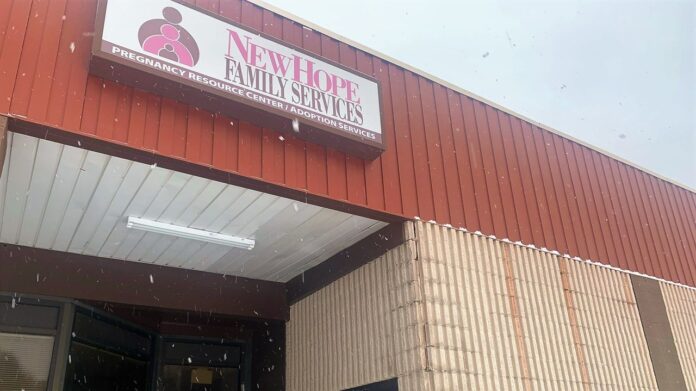
Syracuse, NY — A longtime Syracuse adoption agency can remain open after fending off New York State’s demand it close over a religious ban on accepting homosexual or unmarried couples as potential parents.
A federal judge in Albany on Wednesday ruled in favor of Eastwood-based New Hope Family Services, saying that the state had no compelling interest to deny the agency its First Amendment right to abide by its Christian beliefs in picking potential adoptive parents.
The agency, which has placed more than 1,000 children since 1965, would have had to shut down had it lost the lawsuit, even though it receives no public funding. That’s because the state regulates adoption agencies.
Federal judges noted that the state’s policy until 2010 was similar to New Hope’s: adoptive couples had to be heterosexual and married.
But in recent years, the state has passed laws banning discrimination against potential adoptive parents based on sexual orientation or marital status. That begged the question: what happens to an agency that didn’t follow the state’s new directives?
No potential adoptive parents had been denied the chance to adopt a child due to New Hope’s policy, both the agency and judges noted. Any adults wishing to adopt whose relationships ran counter to New Hope’s beliefs were referred to other adoption agencies. The agency routinely works with mothers from all backgrounds.
But the state Office of Children and Family Services pointed out that New Hope’s policy violated a 2014 non-discrimination law and ordered the agency to either open its applicant pool or shut down. Instead, New Hope took its case to court on constitutional grounds.
U.S. District Judge, Mae A. D’Agostino ruled against New Hope in 2019, deciding the agency didn’t have a valid constitutional case. That decision could have forced the agency to shut down.
But an appeal to the Second Circuit Court of Appeals gave New Hope another chance: its religious practices were found to be a form of free speech. After all, the judges wondered, how could New Hope adopt a child to a same-sex couple without inherently giving its blessing to such a family?
D”Agostino this week ruled in favor of New Hope after the higher court’s decision. She found that New Hope had a First Amendment right to deny adoptions to same-sex or unmarried couples. In addition, the state hadn’t found any couples who were harmed by New Hope’s policy.
“In particular, OCFS has not submitted any actual evidence of (1) complaints from referred couples, (2) referred couples that were unable to adopt, (3) referred couples that suffered increased wait times or costs, or (4) lengthening waiting lists at agencies without New Hope’s referral policy,” D’Agostino wrote in her decision.
The judge’s ruling came before trial and will allow New Hope to continue operating permanently. No trial was needed in the lawsuit because there were no disputes in the facts of the case, only the law itself, the judge ruled.
New Hope celebrated the decision on its Facebook page:
“The decision from the court simply allows New Hope to continue serving the community so that more kids find permanent homes, more adoptive parents welcome a new child, and more birth parents enjoy the exceptional support that New Hope has offered for decades,” said New Hope’s legal counsel, Roger Brooks, of the Alliance Defending Freedom, a conservative religious free speech group.
Praise for New Hope didn’t just come from its own defense, but also the federal judges on the Second Circuit Court of Appeals.
“To state the obvious, it is no small matter for the State to order the closure of a privately funded, religious adoption ministry that has, over 50 years of authorized operation, successfully placed approximately 1,000 children in adoptive homes, particularly when there is no suggestion that any placement was not in the best interests of the adopted child,” their decision read.
Staff writer Douglass Dowty can be reached at ddowty@syracuse.com or 315-470-6070.








